Switzerland is universally eminent for its breathtaking scenes, immaculate quality of life, and effective frameworks. Living in Switzerland often feels like venturing into a tall tale: think snow-capped Alps, crystal-clear lakes, pleasant towns, and cities where arrange and advancement flourish. But what is life truly like in this European gem?
In this direct, we dig into each viewpoint of life in Switzerland, from its culture and economy to day by day schedules and individual encounters. Whether you’re arranging to move to Switzerland or essentially inquisitive around its way of life, this article will give an in-depth see at what to expect.
Why Switzerland is Special
Switzerland stands out for a multitude of reasons:
- Safety: The nation reliably positions among the most secure in the world.
- Natural Beauty: Its assorted topography incorporates the Alps, Jura mountains, and flawless lakes.
- Strong Economy: With tall pay rates and moo unemployment, Switzerland offers a steady and affluent environment.
- Cultural Richness: A mix of German, French, Italian, and Romansh societies makes it interestingly diverse.
- Quality of Life: Swiss cities such as Zurich, Geneva, and Basel routinely beat worldwide quality-of-life rankings.
However, Switzerland is more than fair a postcard-perfect goal. Let’s investigate the complexities of day-to-day life here.
Why Switzerland Stands Out
Switzerland is often ranked among the best nations in the world in terms of quality of life. Here are a few key reasons why:
- Safety: The nation reliably positions as one of the most secure universally, making it perfect for families and people alike.
- Stunning View: With the Alps, shining lakes, and charming towns, the normal magnificence is unmatched.
- Strong Economy: Tall compensations, moo unemployment, and a flourishing work showcase make a steady environment.
- Cultural Differing qualities: Four national languages German, French, Italian, and Romansh—reflect Switzerland’s wealthy multicultural fabric.
- Efficiency: Open administrations, healthcare, and transportation are world-class, guaranteeing a smooth living experience.
Having went through time in Switzerland, I’ve seen firsthand how consistently nature and advancement coexist here. A day might begin with a morning assembly in Zurich and conclusion with a dusk climb ignoring Lake Geneva.
1. Language and Culture
Languages Spoken
Switzerland has four official dialects, reflecting its wealthy social diversity:
- German (spoken by 62% of the populace, fundamentally in the central and eastern regions)
- French (spoken by 23%, transcendently in the west)
- Italian (spoken by 8%, basically in the south)
- Romansh (spoken by less than 1%, for the most part in the canton of Graubünden)
Most Swiss people are multilingual, with English commonly talked in urban regions and visitor hotspots.
Cultural Highlights
Swiss culture values:
- Punctuality: Time is sacrosanct in Switzerland. Being late is frequently seen as disrespectful.
- Neutrality: The country’s political nonpartisanship is reflected in its citizens’ accentuation on agreement and compromise.
- Privacy: Whereas inviting, Swiss individuals frequently favor to keep up individual boundaries.
During my time in Zurich, I was struck by the locals’ reliability. Trains arrived precisely on time, and trade gatherings begun to the diminutive. It instructed me the significance of regarding others’ time.
2. 2. Housing in Switzerland
Finding a put to live in Switzerland can be both energizing and challenging due to tall request and strict rental processes.
Types of Housing
- Apartments: The lion’s share of Swiss inhabitants live in flats or maybe than standalone houses.
- Chalets: Conventional wooden houses in elevated locales are notorious but regularly utilized as get-away homes.
Costs
- Rent varies widely depending on location:
- Zurich and Geneva: CHF 2,000–3,500 for a two-bedroom apartment
- Smaller towns or provincial ranges: CHF 1,200–2,000
Rental Process
- A rental application regularly incorporates confirmation of pay, a duplicate of your ID, and some of the time a letter of recommendation.
- Expect to pay a store identical to 2-3 months’ rent.
Personal Tip: Begin your housing look early, particularly if you arrange to move to a major city. Websites like Homegate.ch and ImmoScout24.ch are priceless resources.
3. Cost of Living
Switzerland is one of the most costly nations in the world, but its tall compensations regularly counterbalanced these costs.
Typical Monthly Expenses
| Expense | Estimated Cost (CHF) |
| Rent | 1,500–3,500 |
| Groceries | 400–700 |
| Health Insurance | 300–600 |
| Public Transport | 80–150 |
| Dining Out (per meal) | 20–50 |
While costs may appear soak, Swiss productivity and quality make numerous administrations and items worth the cost.
Grocery shopping in Switzerland presented me to premium-quality deliver and dairy items, but I rapidly learned to compare costs between stores like Migros, Coop, and Aldi to spare money.
4. Transportation in Switzerland
The Swiss transportation framework is world-class, making it simple to get around without a car.
Public Transport
- Trains: Worked by the SBB (Swiss Government Railroads), the prepare arrange is broad and punctual.
- Buses and Trams: These are accessible indeed in inaccessible locales, giving consistent connectivity.
- Passes: The Swiss Travel Pass offers boundless travel on open transport for a settled period.
Driving in Switzerland
While open transport is amazing, a few country zones may require a car. Be mindful of:
- High costs for parking and fuel.
- A vignette (annual interstate sticker) is required to utilize motorways.
Personal Tip: For brief trips or ecologically neighborly travel, consider leasing an e-bike or utilizing nearby bike-sharing administrations like Publibike.
5. Education and Healthcare
Education
Switzerland’s instruction framework is exceedingly regarded:
- Public Schools: Free and of fabulous quality, with instruction based on the neighborhood canton’s language.
- Private Schools: Well known among expats, advertising bilingual or worldwide curricula.
- Higher Instruction: Colleges such as ETH Zurich and the College of Geneva rank among the world’s best.
Healthcare
- Healthcare in Switzerland is all inclusive but privatized, meaning everybody must buy fundamental wellbeing protections (KVG).
- Monthly premiums range from CHF 300–500.
- Out-of-pocket costs incorporate deductibles and co-pays.
Personal Tip: Select your protections arrange carefully based on your needs. Comparison stages like Comparis.ch can offer assistance you discover the best option.
6. Career Opportunities in Switzerland
Switzerland is domestic to a few of the world’s most eminent multinational organizations, especially in fund, pharmaceuticals, and innovation. The country’s vigorous economy and tall compensation make it an alluring goal for experts looking for career opportunities.
Job Market
Switzerland’s work showcase is competitive, and capability in at slightest one of the official dialects (German, French, or Italian) is regularly required, particularly for positions in the open segment. However, English is broadly talked, particularly in worldwide companies and in cities like Zurich and Geneva, making it less demanding for ostracizes to discover work.
Work Culture
Swiss work culture is known for its promptness, accuracy, and productivity. Gatherings are organized and time is regarded. Be that as it may, in spite of the accentuation on efficiency, the Swiss too esteem their free time, guaranteeing a great adjust between work and individual life.
During my time working in Zurich, I was awed by the polished skill in the working environment. Gatherings were continuously beneficial, and due dates were entirely followed to. Be that as it may, it was similarly reviving to see colleagues take off work on time and spend the evening with their families or outside, keeping up a solid work-life adjust.
7. Work-Life Balance
Switzerland values work-life adjust and places accentuation on recreation and wellness.
Work Culture
- The standard workweek is 40–42 hours.
- Employees appreciate liberal excursion stipends (4–5 weeks annually).
Leisure Activities
- Winter Sports: Skiing, snowboarding, and sledding in the Alps are quintessential Swiss experiences.
- Hiking: With over 65,000 kilometers of checked trails, climbing is a favorite pastime.
- Wellness: Warm showers like Leukerbad offer loosening up in the middle of pleasant environment.
Personal Experience: Ends of the week in Switzerland regularly feel like mini-vacations. I went through my time investigating climbing trails and reveling in fondue by a mountain lake.
8. Food and Dining
Swiss cooking reflects its multicultural legacy, advertising a blend of German, French, and Italian influences.
Traditional Dishes
- Fondue: Softened cheese served with bread, a winter staple.
- Rösti: A fresh potato dish prevalent over the country.
- Raclette: Liquefied cheese served with bubbled potatoes and pickles.
Dining Etiquette
- Tipping is standard but humble (circular up to the closest CHF).
- Expect to share “en Guete!” (Appreciate your feast!) some time recently eating.
Personal Tip: Attempt neighborhood specialties from diverse districts; each canton offers its special flavors.
9. Integration and Social Life
Making Friends
- Integrating into Swiss society can be challenging for newcomers. Here’s how to make the prepare smoother:
- Join neighborhood clubs (Vereins) related to your hobbies.
Attend social occasions and celebrations, such as the Fête de l’Escalade in Geneva or Sechseläuten in Zurich.
Learning the Language
Learning the neighborhood dialect of your canton (German, French, or Italian) is key to feeling at domestic. Numerous towns offer reasonable dialect classes for residents.
Personal Encounter: Joining a neighborhood climbing club made a difference me produce fellowships and hone conversational German in an casual setting.
10. Sustainability and the Environment
Switzerland is a worldwide pioneer in sustainability:
- Recycling is required, with clear frameworks for isolating waste.
- Public mindfulness of vitality and water preservation is high.
- Public transport decreases car reliance, cutting emissions.
Personal Tip: Buy reusable sacks and water bottles. Tap water in Switzerland is among the purest in the world!
11. Exploring Switzerland’s Natural Beauty
Switzerland’s scenes are its delegated eminence, with perpetual openings for open air activities.
Hiking and Skiing
The Swiss Alps are a heaven for climbers and skiers. From summer trails to winter inclines, there’s something for everyone.
Hiking the path around Lake Oeschinen was one of the most fulfilling encounters of my life. The quiet turquoise waters and towering crests felt like a cut of paradise on Earth.
12. Challenges of Living in Switzerland
While life in Switzerland has numerous advantages, it’s not without its challenges:
- Cost of Living: Tall costs can be overpowering for newcomers.
- Bureaucracy: Regulatory forms, such as getting a home allow, can be time-consuming.
- Social Adjustment: Breaking into Swiss social circles may take time.
Is Life in Switzerland Right for You?
Living in Switzerland is a benefit, advertising unparalleled quality of life, normal magnificence, and solidness. Whether you’re drawn to its proficient cities or peaceful wide open, Switzerland has something to offer everyone.
However, understanding the subtleties of Swiss culture, taken a toll of living, and day by day schedules is key to making a smooth move. With its accentuation on arrange, security, and supportability, Switzerland is more than fair a excellent destination—it’s a way of life worth embracing.
If you’re considering a move, begin by going by distinctive locales, learning the dialect, and investigating work openings. Life in Switzerland isn’t fair a dream; it’s an feasible reality with appropriate arranging and an open intellect.



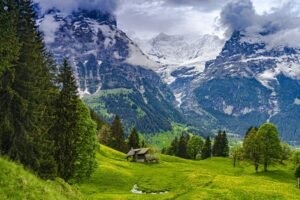
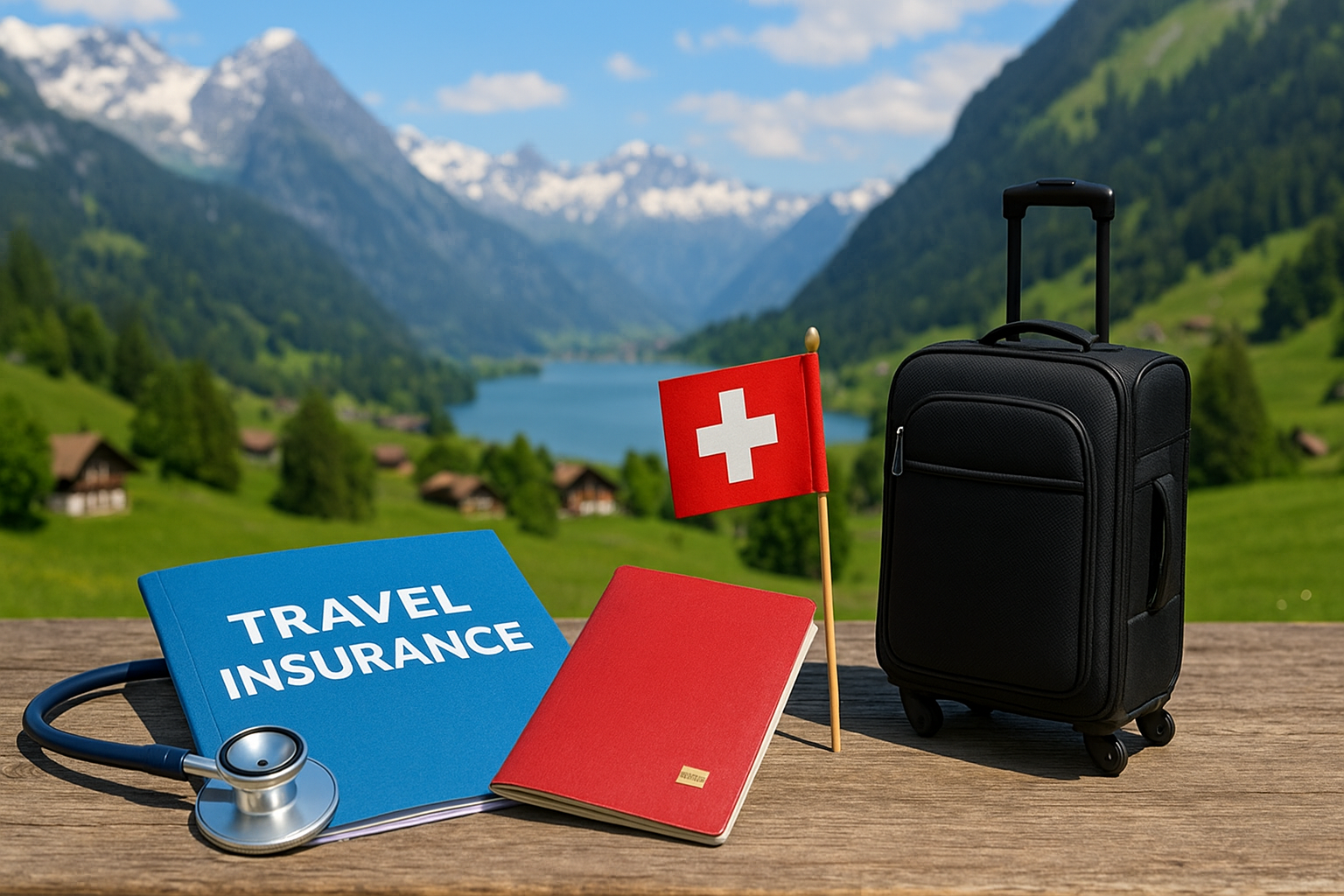

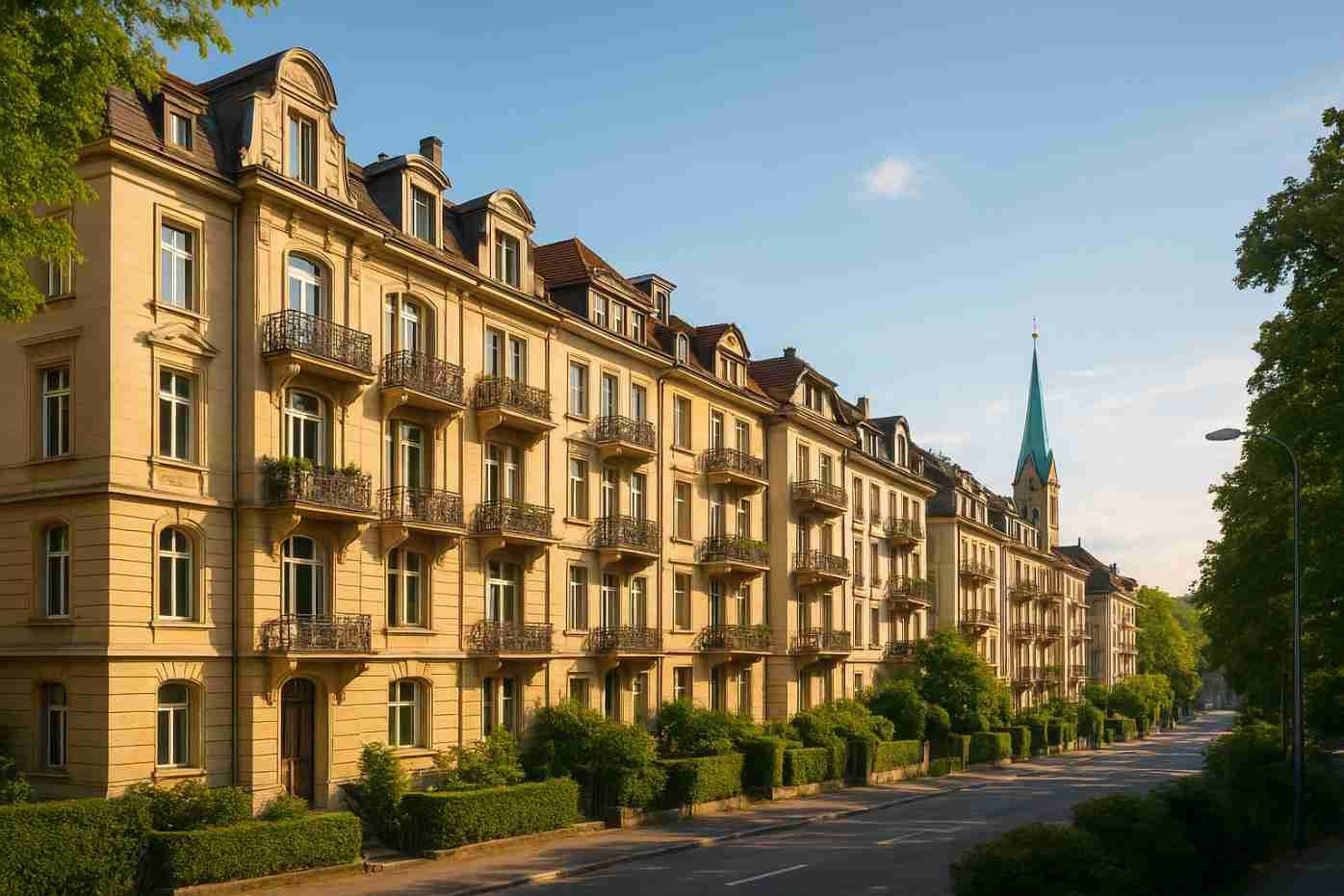

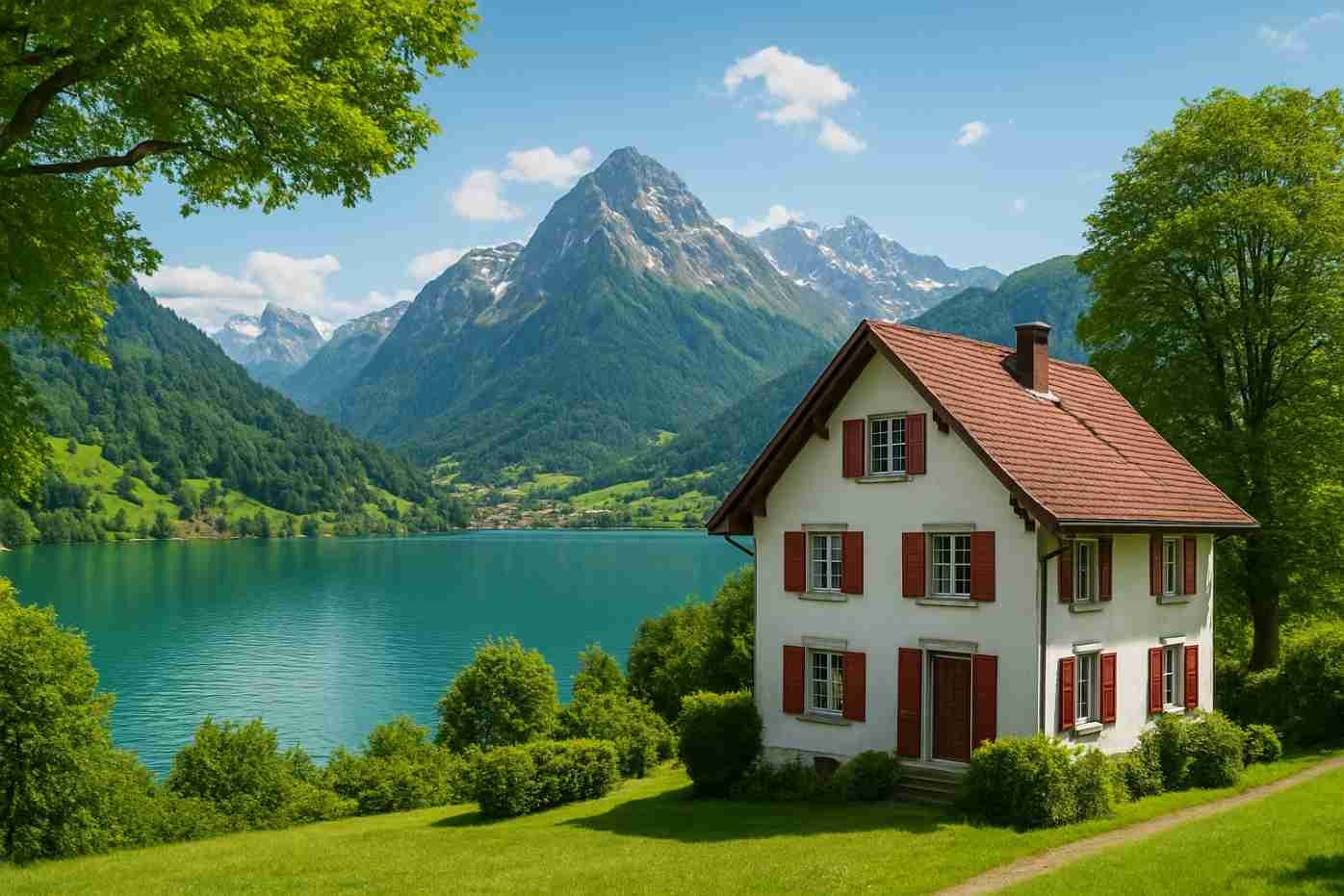
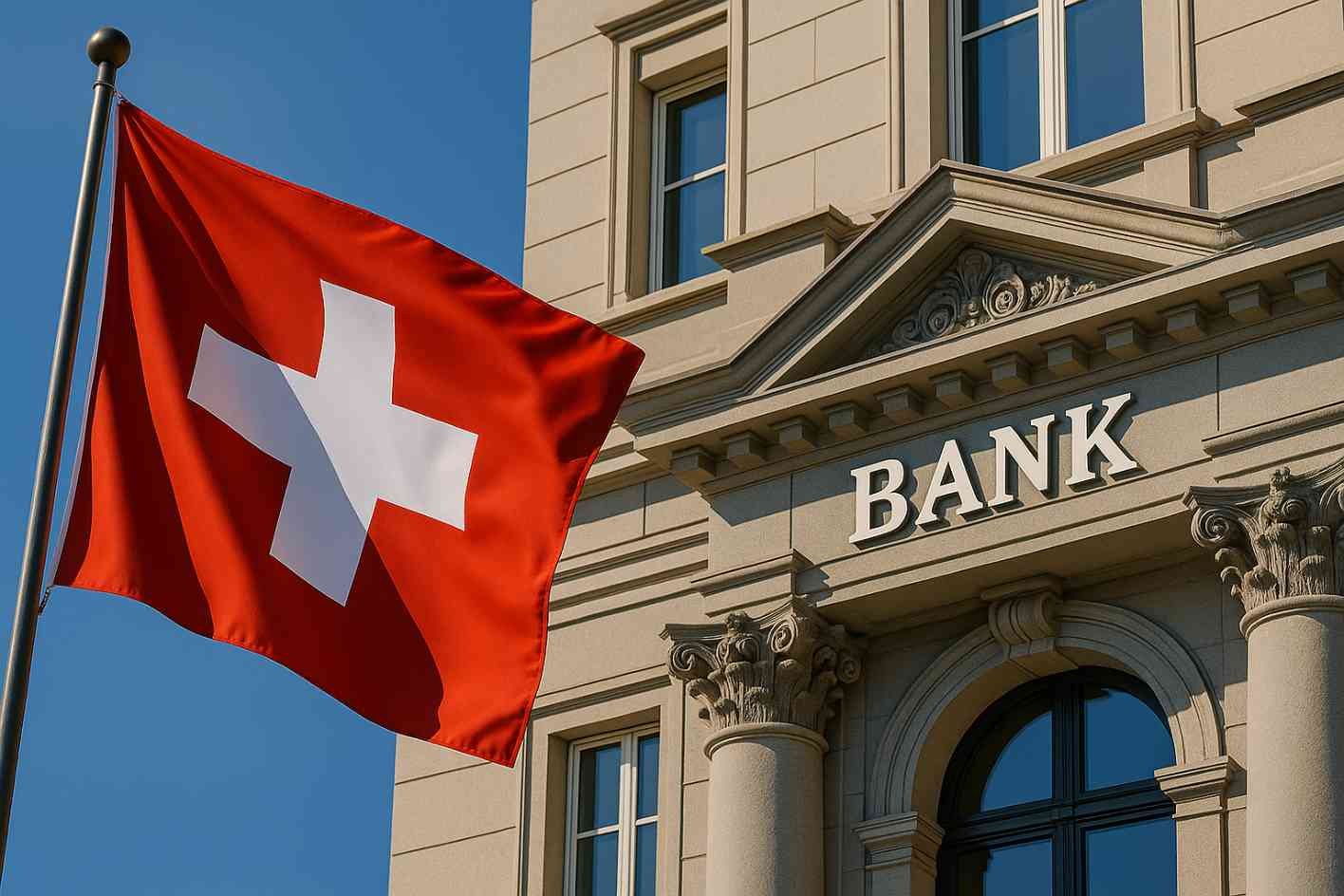
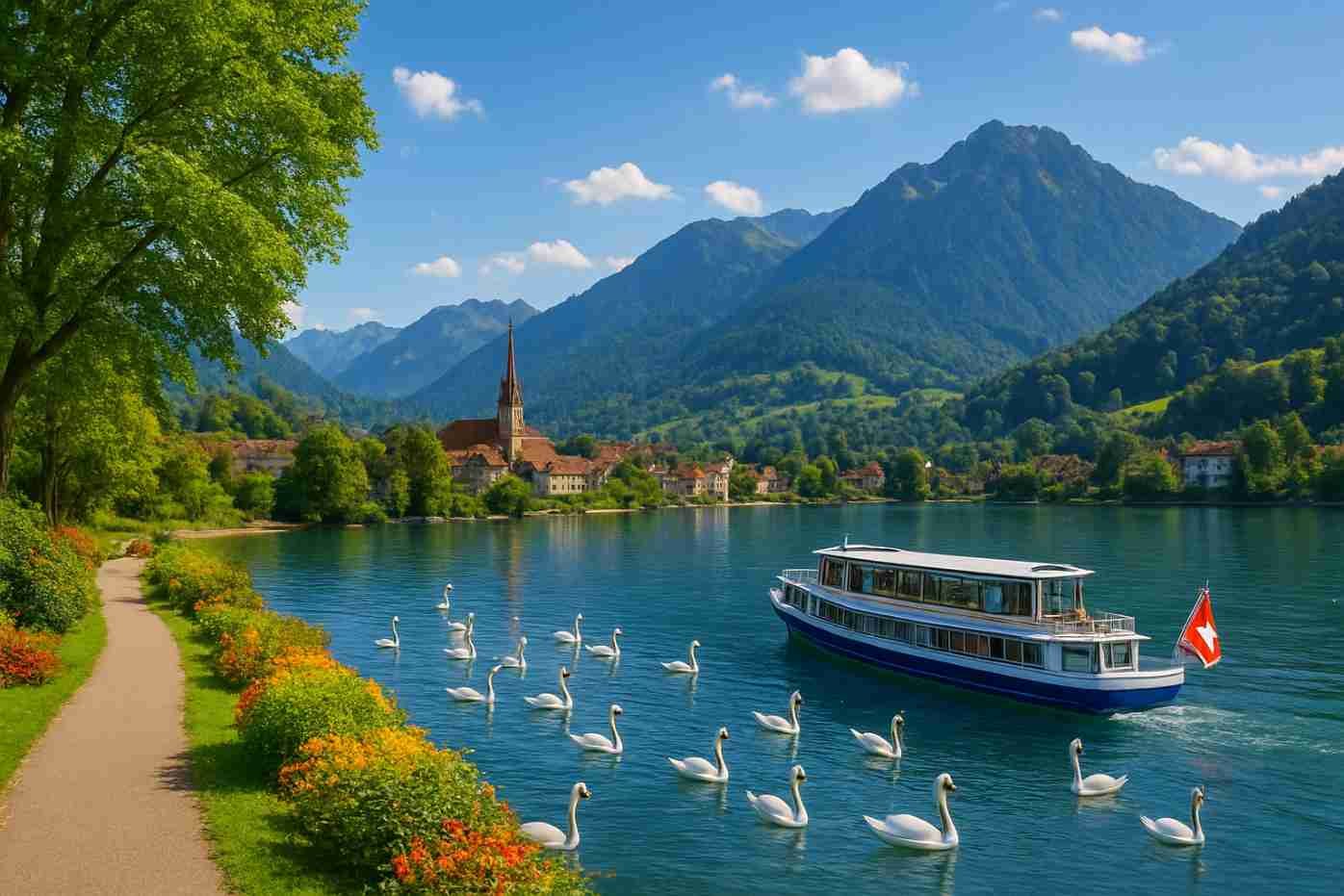
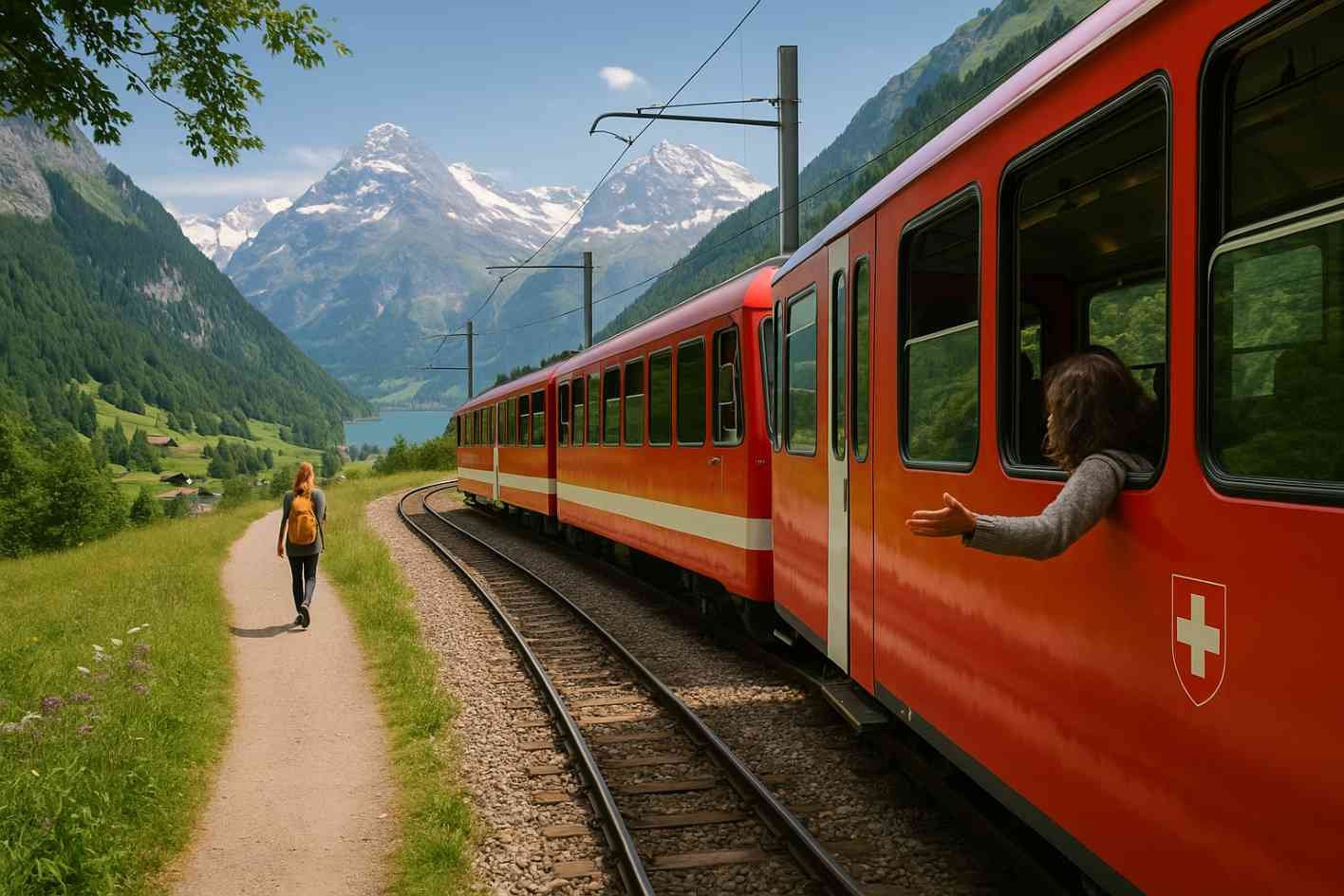
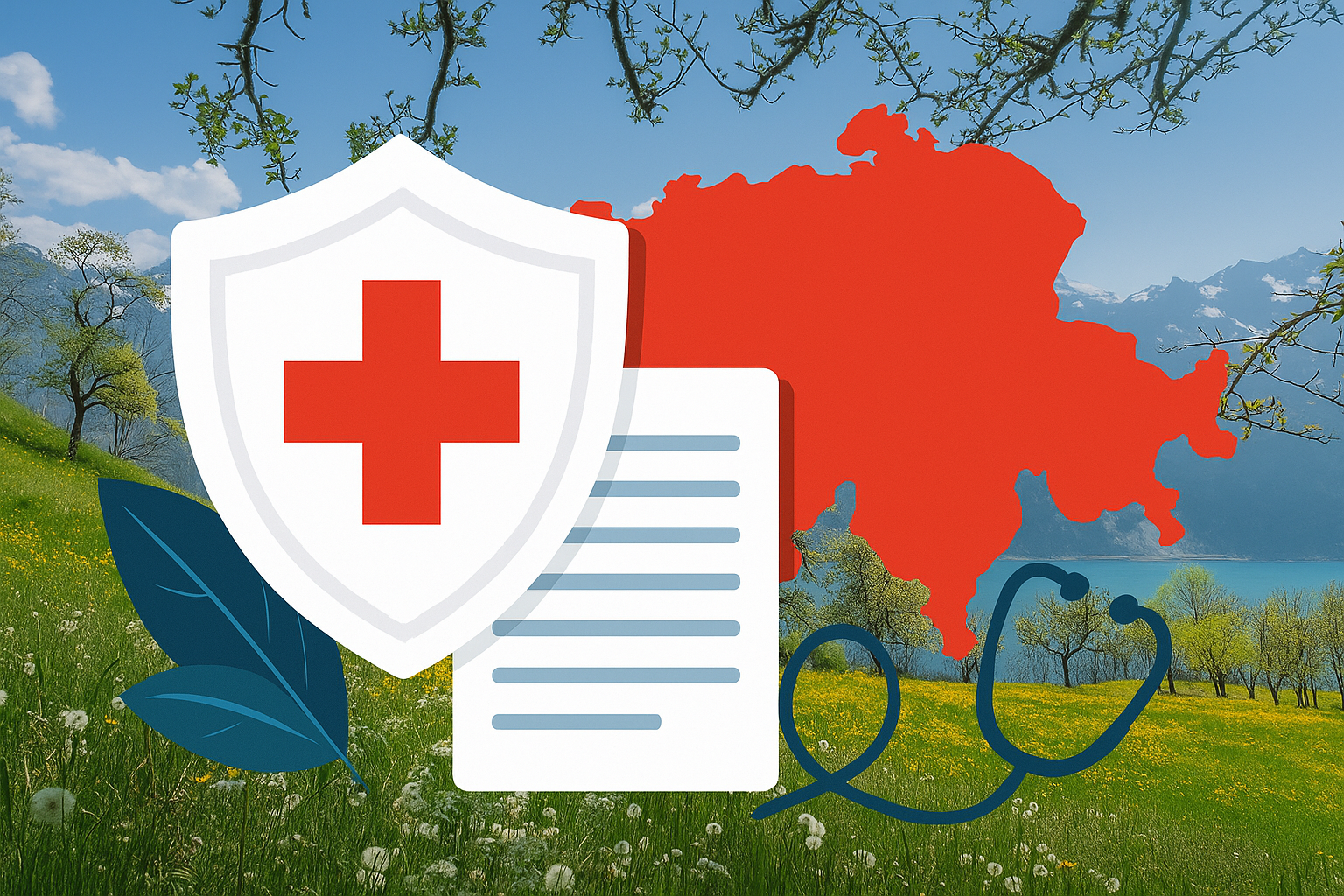



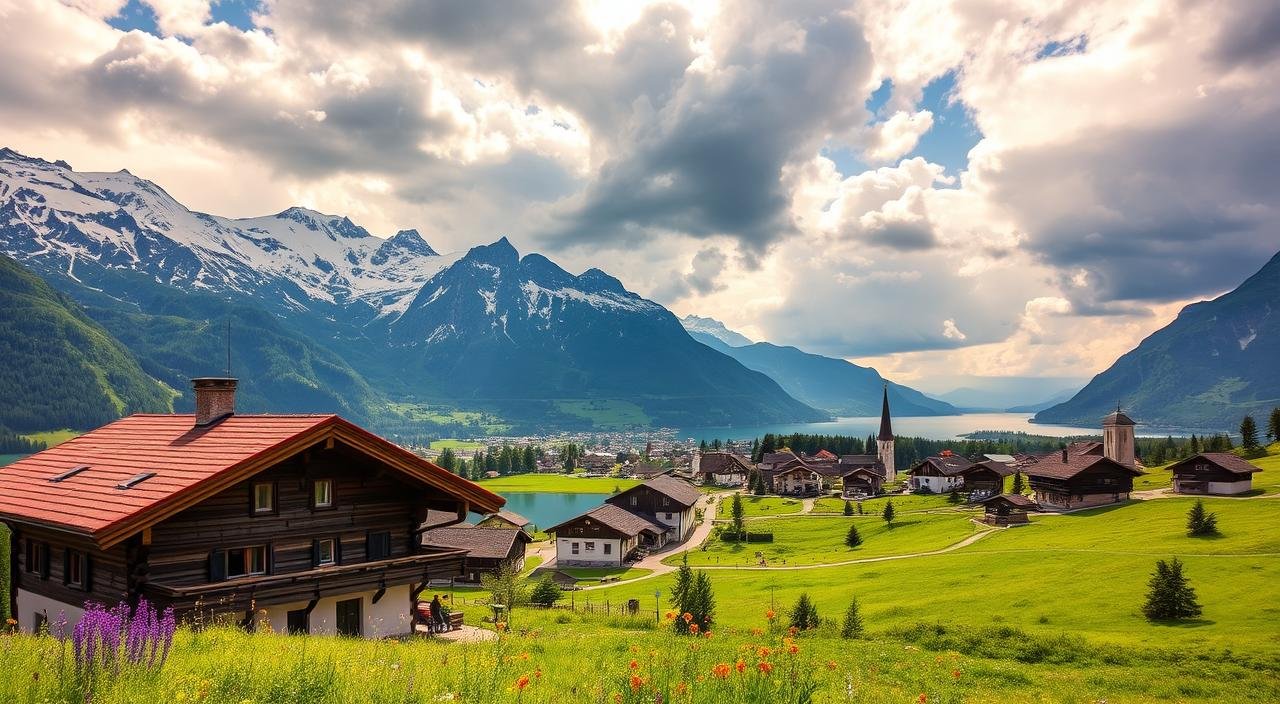
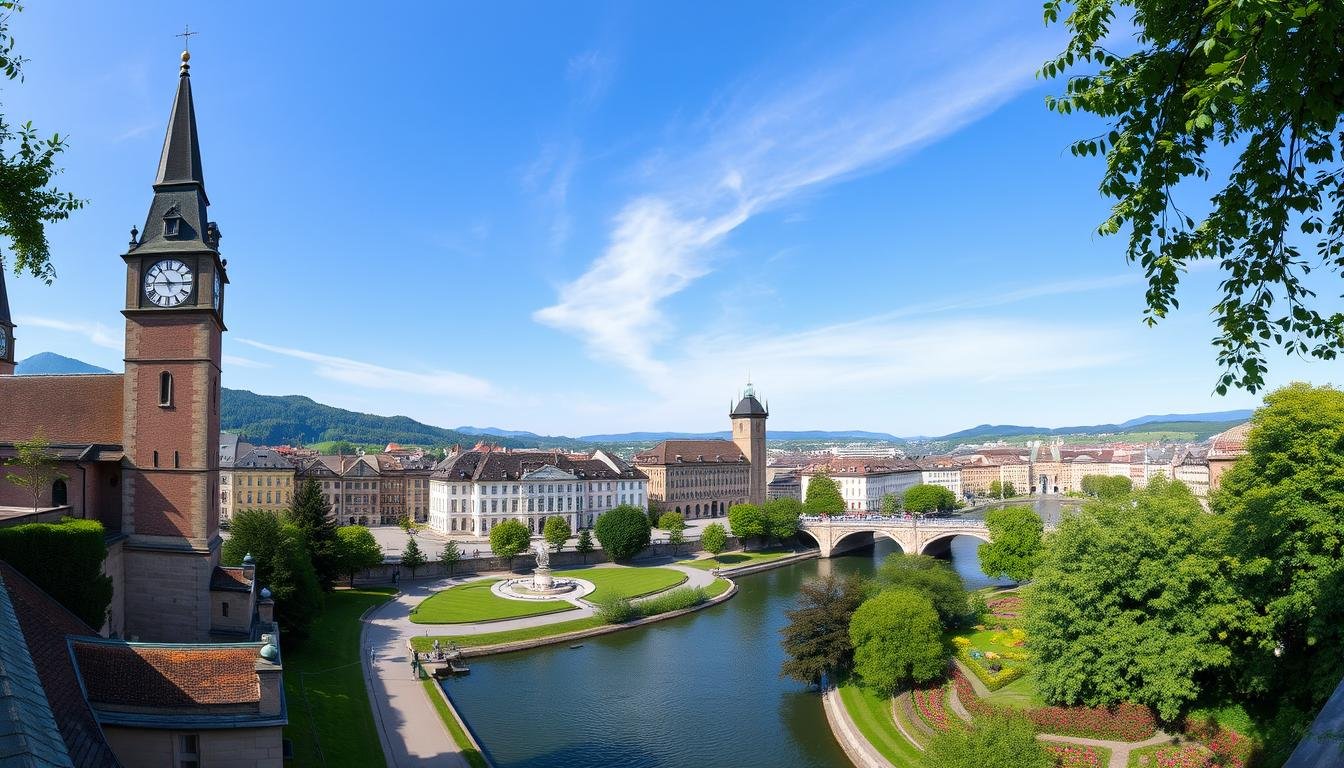
[…] when I first began trying to wrap my head around life in Switzerland, I soon learned that knowing only a few words when it comes to the language landscape just […]
[…] is not just a travel article this is my way of making your life in Switzerland easier, happier, and full of true local […]
[…] opening a bank account, finding health insurance, using public transportation and integrating into Swiss life. Consider this advice from a friend who’s been through the ups and […]
[…] the best Swiss bank account for foreigners, saving you money, avoiding mistakes, and making your life in Switzerland a lot […]